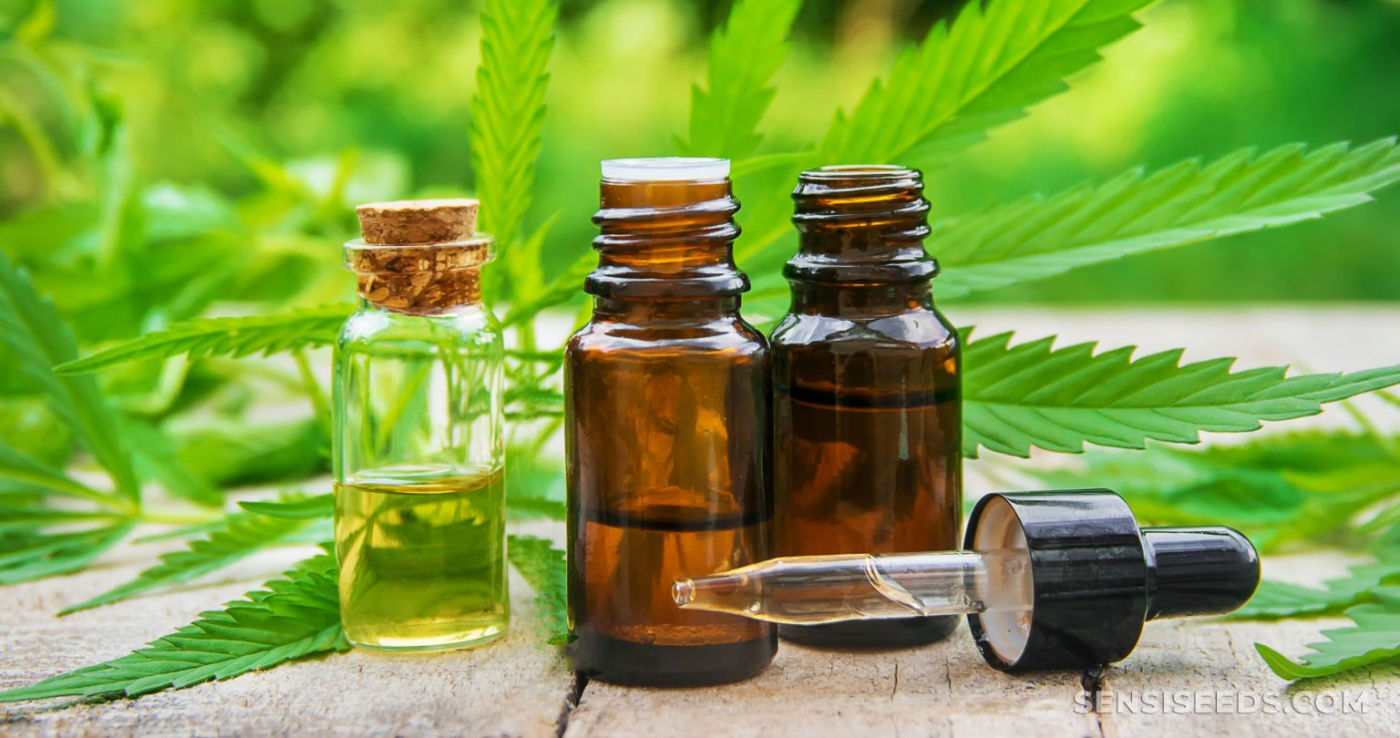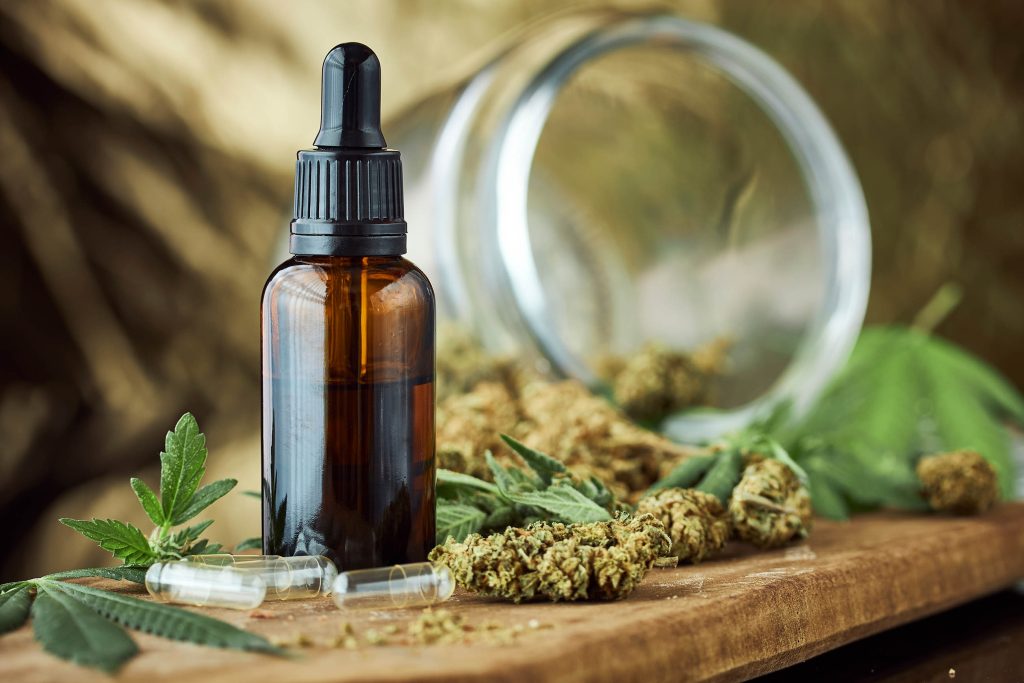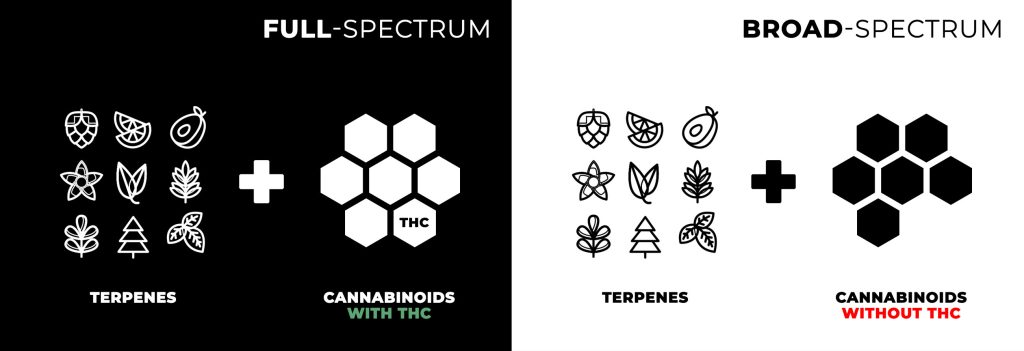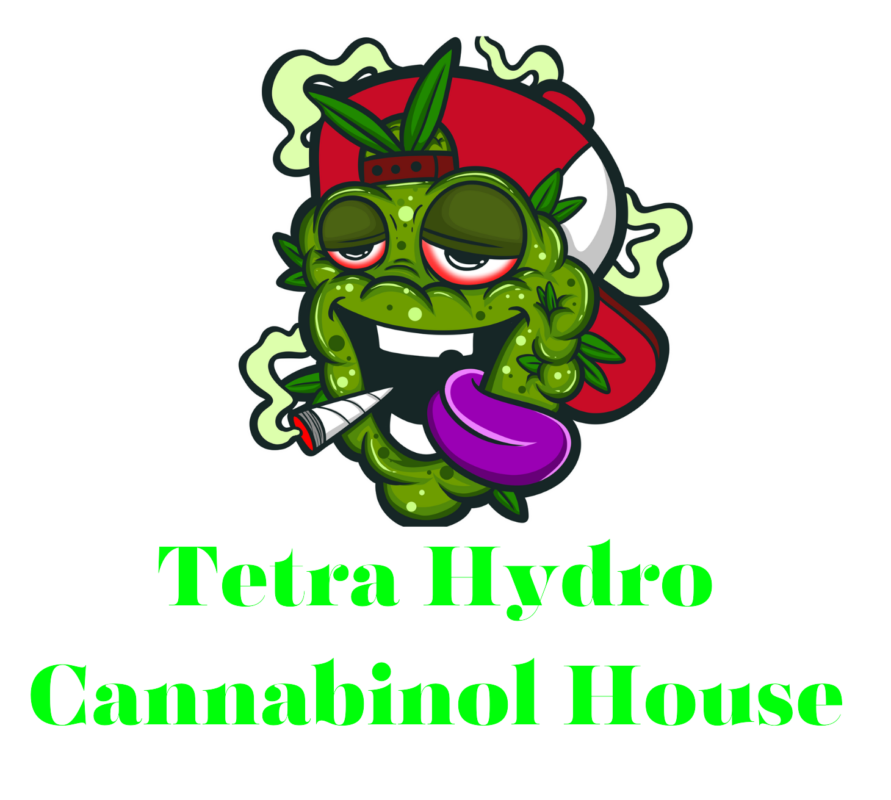Blog
Cannabis Tinctures 101: A Complete Guide to Tinctures

Tinctures are a century-old technique that has survived the test of time. Cannabis tinctures capture the distilled essence of the plant in a concentrated solution and can be an ideal alternative to inhalation. So let us get down to basics and discuss everything you need to know about tinctures.
What is a cannabis tincture?

A tincture refers to a concentrated herbal extract that has been dissolved in ethanol or glycerine-based solution. It is one of the most basic extraction forms designed for sublingual use, entering the system through mucous membranes.
A cannabis tincture is a concentrated extract which binds the compounds of the cannabis plant into a diluted solution. The plant compounds dissolve into a rich solution by soaking the flower in a base solution. The results will leave you with a full-spectrum or broad-spectrum tincture, but what is the difference?
Full-spectrum and broad-spectrum– what is the difference?

Full-spectrum refers to products made with all the compounds found within the cannabis plant, including cannabinoids, terpenes, and flavonoids. It is a complete plant extract, whereas broad-spectrum removes the psychoactive compound tetrahydrocannabinol. Perfect for those looking for a tincture that will not incapacitate you or impact your day-to-day life.
What is the difference between cannabis tinctures and oils?
There is often confusion between cannabis tinctures and oils, so let us discuss their differences. Tinctures are made primarily with ethanol, whereas cannabis oils often use a base like olive or coconut oil, which binds exceptionally well with cannabinoids. When using fat as the binding molecule, we have what is known as an infusion, as is the case with cannabis oils. It is often more potent but has a much harsher taste than its ethanol-based counterpart.
